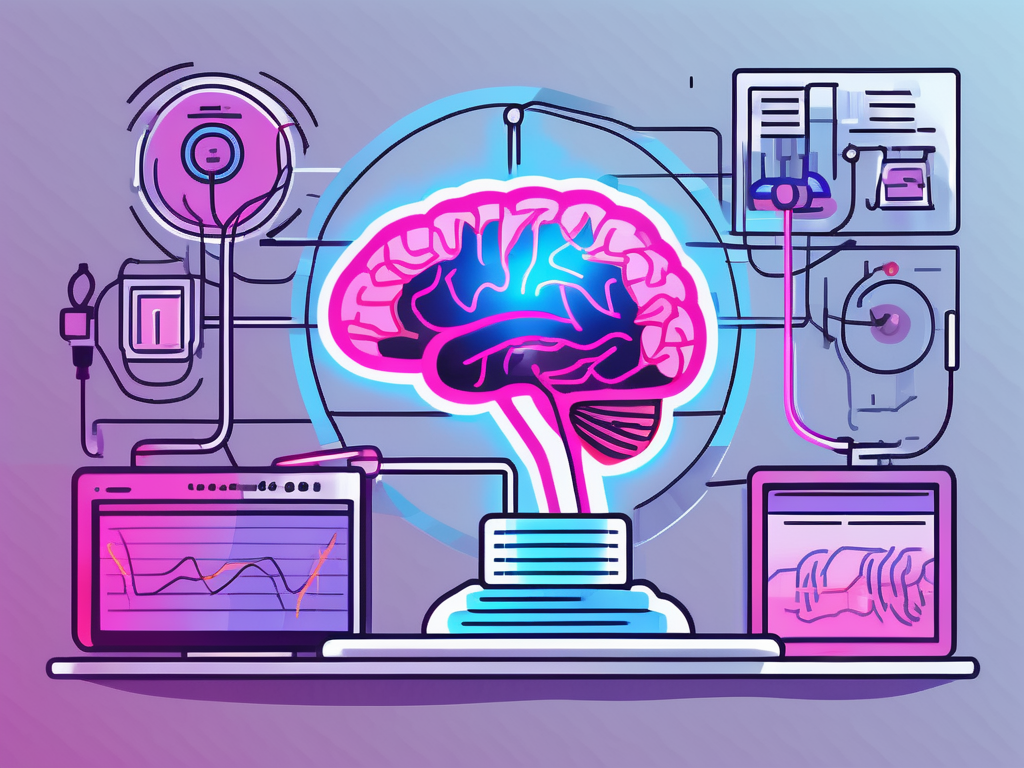The world of neurodiagnostics is a fascinating and complex field, requiring a unique blend of technical skills, scientific knowledge, and interpersonal abilities. As a neurodiagnostic professional, you are tasked with the critical role of analyzing and interpreting neurological data to aid in the diagnosis and treatment of a variety of neurological disorders. But before you can put your skills to use, you must first navigate the interview process. This process can be daunting, but with the right techniques, you can confidently showcase your abilities and secure your desired position.
Understanding the Neurodiagnostic Interview Process
The interview process for neurodiagnostic professionals is designed to assess both your technical abilities and your interpersonal skills. This is because the role requires a delicate balance of both. You will need to demonstrate your knowledge of neurodiagnostic procedures and equipment, as well as your ability to communicate effectively with patients and other healthcare professionals.
Typically, the interview process will involve a combination of technical questions, situational questions, and behavioral questions. Technical questions will test your knowledge of neurodiagnostic procedures and equipment, while situational and behavioral questions will assess your problem-solving abilities and how you handle various scenarios in the workplace.
Preparing for the Interview
Research the Employer
Before you step into the interview room, it’s crucial to have a solid understanding of the employer and the specific role you’re applying for. This will not only help you tailor your responses to the employer’s needs but also demonstrate your interest in the position. Spend time researching the employer’s mission, values, and culture, as well as the specific responsibilities and requirements of the role.
Review Your Skills and Experiences
Next, take some time to review your own skills and experiences. Reflect on your past experiences in neurodiagnostics and consider how they have prepared you for this role. Be ready to provide specific examples of your technical skills, problem-solving abilities, and interpersonal skills.
Practice Your Responses
While you can’t predict every question you’ll be asked, you can certainly prepare for common interview questions. Practice your responses to technical, situational, and behavioral questions. This will help you articulate your thoughts clearly and confidently during the interview.
During the Interview
Communicate Your Technical Knowledge
During the interview, you’ll need to demonstrate your technical knowledge of neurodiagnostics. Be prepared to discuss your familiarity with neurodiagnostic procedures and equipment, as well as your ability to interpret neurological data. Use specific examples from your past experiences to illustrate your technical abilities.

Showcase Your Problem-Solving Abilities
Neurodiagnostic professionals often encounter complex and challenging situations. Employers want to know that you can think critically and solve problems effectively. Be ready to discuss specific instances where you have used your problem-solving abilities to overcome challenges in the workplace.
Demonstrate Your Interpersonal Skills
Interpersonal skills are crucial in the field of neurodiagnostics. You’ll need to communicate effectively with patients, their families, and other healthcare professionals. During the interview, be sure to highlight your communication skills, empathy, and ability to work well in a team.
After the Interview
Follow Up
After the interview, it’s important to follow up with a thank-you note. This is a chance to express your appreciation for the opportunity to interview, reiterate your interest in the position, and highlight any key points you want the employer to remember about you.
Reflect on Your Performance
Finally, take some time to reflect on your performance. Consider what went well and what you could improve on for future interviews. This reflection will help you continually improve your interview skills and increase your chances of success in the future.
In conclusion, interviewing for a position as a neurodiagnostic professional can be a challenging process, but with the right preparation and techniques, you can confidently showcase your abilities and secure your desired position. Remember that the key to a successful interview is a combination of technical knowledge, problem-solving abilities, and interpersonal skills. With these in your arsenal, you’re well on your way to a rewarding career in neurodiagnostics.
Take the Next Step in Your Neurodiagnostic Career
Now that you’re equipped with effective interview techniques, it’s time to put them into practice. Neuro Pathway is here to support you in finding new job opportunities that match your expertise. Our dedicated Career Coaches and comprehensive resources are designed to help you navigate and advance in the neurodiagnostic field. Don’t miss out on the chance to elevate your career. Find New Job Opportunities with Neuro Pathway today and join a community committed to your professional growth.





